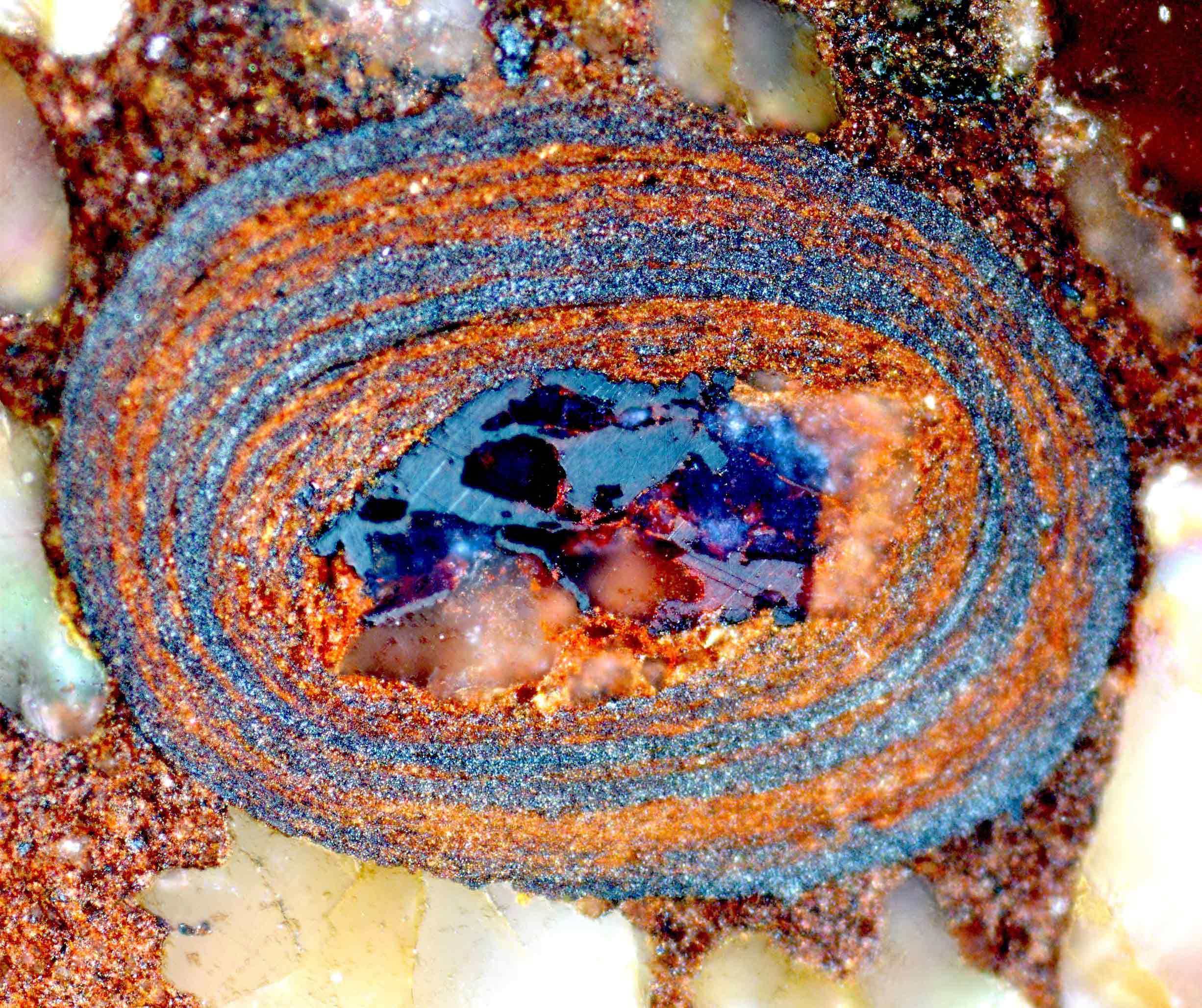Tiny sand-sized stones from ancient oceans are rewriting what we know about Earth’s early life and carbon cycles. Scientists recently analyzed these grains and discovered that Earth’s carbon levels during critical evolutionary periods were much lower than previously thought. This groundbreaking research challenges long-standing theories about how life first emerged and evolved on our planet.

Unlocking the Story of Early Life
Researchers studied the chemical makeup of these ancient ocean grains to trace Earth’s environmental conditions billions of years ago. The findings suggest that the traditional view of high carbon levels fueling early life may be inaccurate. Instead, life may have adapted to much leaner carbon environments, which could have profoundly shaped the evolution of early organisms.
Implications for Our Future
These discoveries not only rewrite Earth’s history but also offer clues about how our environment might change in the future. Patterns hidden in these sand-sized stones could help scientists predict how life on Earth will respond to shifts in carbon and climate.
Sources:
Source
















